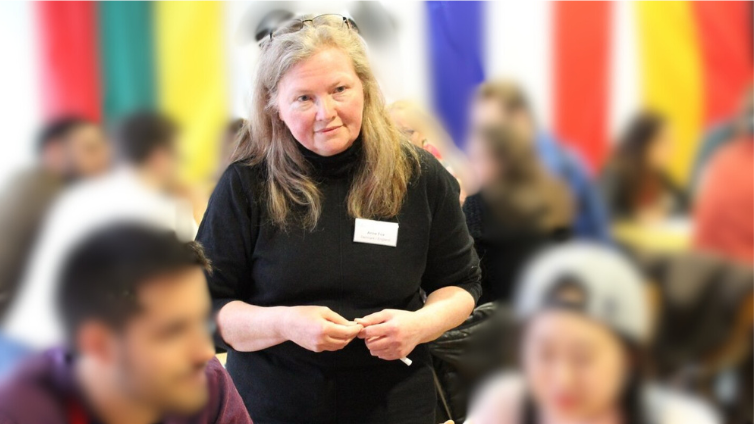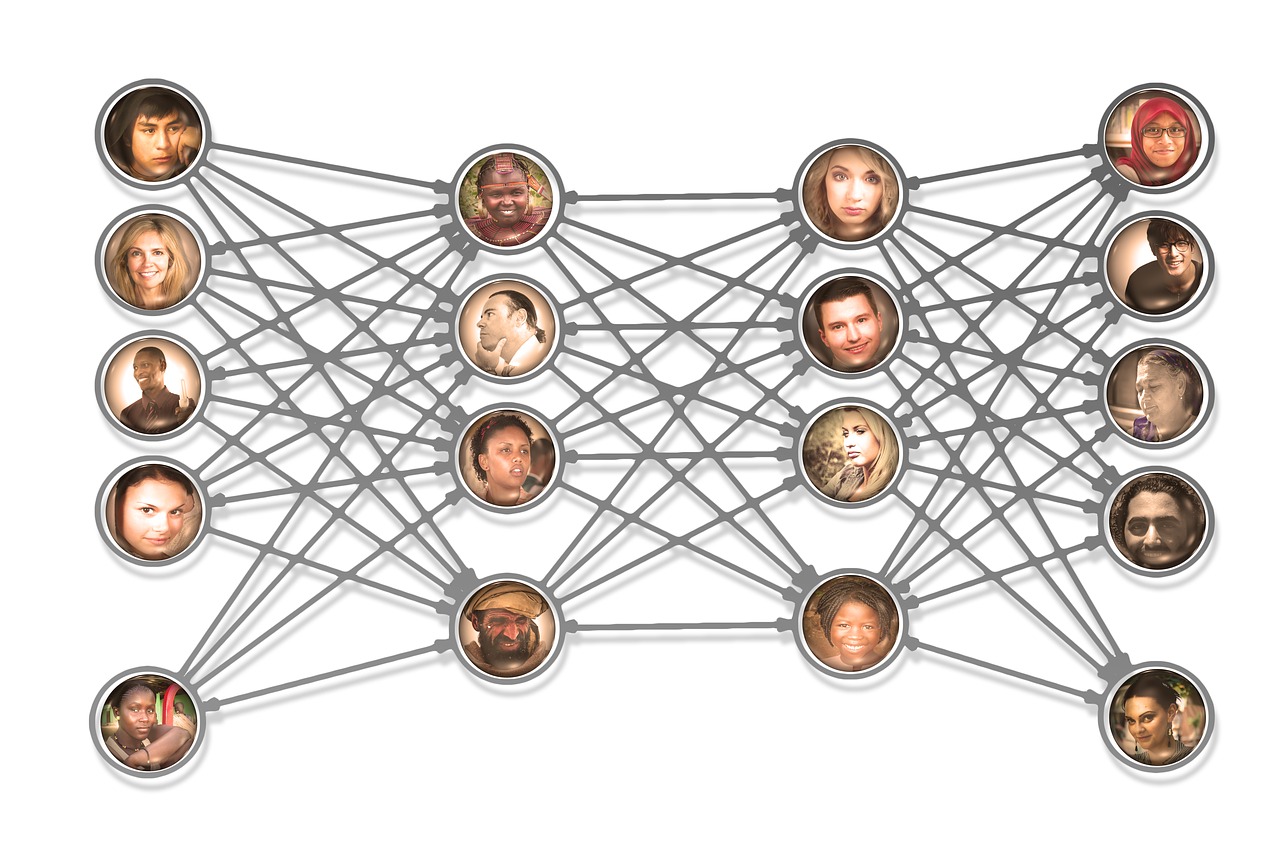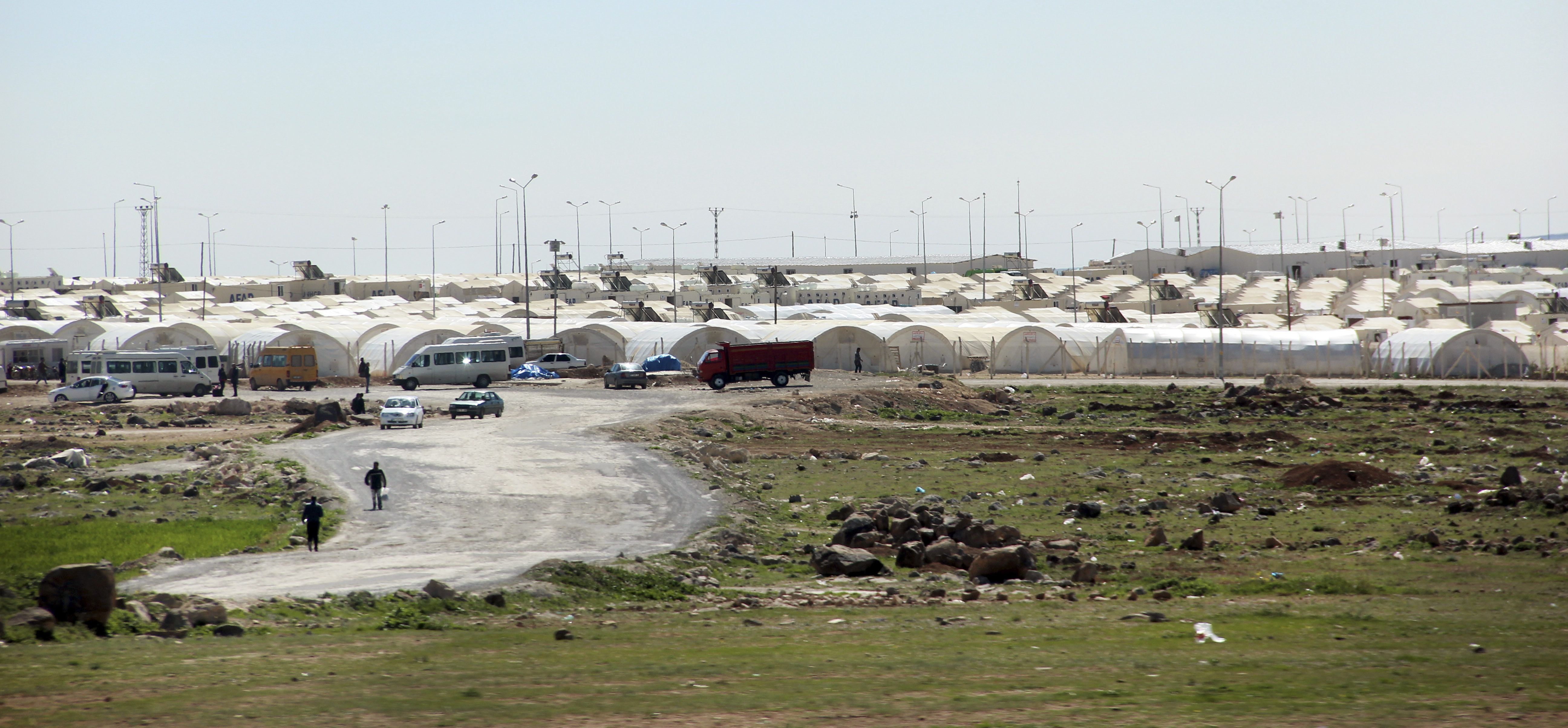Coaching connected learning across borders
I can support learning in online and blended course development (often through EU projects)

Project Partner
Varied experience with Nordplus, Erasmus+ and its predecessors
diversophy – intercultural game
Standard and refugee versions of the game for Denmark in the series
Free course package
Support refugees starting a business: course & facilitator training
Latest posts
-

Impartial justice or relationship repair?
In his book ‘The World Until Yesterday’ Jared Diamond examines conflict resolution in societies at different scales and makes the point that at small scale, conflict resolution is about relationship repair whereas in state-level societies, conflict resolution is more about formal and impartial structures of justice between strangers. He sources his examples of small scale…
-

Visible thinking to reduce conflict
Seeing this wonderful video made me wonder if visible thinking routines could help to reduce conflict in the diverse adult education classroom? Visible thinking is being used to professionalise the learning process, not only for the teachers but for the students too. I am impressed to see such young students thinking at such a meta…
-
Do we have a problem?
Conflict in the diverse adult classroom Discussion of conflict resolution often starts with describing the conflict. But are you confident that you can even identify when there is conflict in your classroom?
-

BREXIT – no quick fixes
It is undeniable that a large part of the Leave vote in the referendum over the UK’s membership of the EU was about the perceived effects of immigration. It did no good to argue that it is globalisation and the current government’s austerity policies that lead to the under-funding of public services and stagnating wages…
-

Short or long?
Intercultural training has traditionally relied on intensive and often residential courses lasting up to a week. But is there a place for shorter, more targeted interventions while still at the work place? George Simons, who devised the Diversophy game which is often deployed in the long trainings, has been musing on this and plans to…
-

Why global online work?
The need Some people want to work globally online as part of a chosen digital nomadic lifestyle (affiliate link). For others, local opportunities are severely limited by circumstance and for them global online work is an opportunity to exercise their professional skills beyond their circumscribed local conditions. Think about the millions of refugees stuck in refugee camps…
-
Why be a global educator?
In March I talked to Julie Lindsay for the Absolutely Intercultural podcast about her latest book, The Global Educator (affiliate link). Along the way, Julie remarked on the fact that it was very difficult to get involved with European education projects if you are not in the EU and this made me think. I am very…
-

Culture 101 for adult educators
Getting the most out of a diverse adult classroom,the Culture basics for adult educators course, will last three weeks. Enroll here for $75 What’s on offer? As society becomes more diverse, the job of the adult education teacher includes a need to be aware of the different cultures in the room. Awareness of your own culture and…
-

Framing as a CRT strategy
Although we want to be inclusive by using Culturally Responsive Teaching approaches, we still need to make the framework in which we are operating clear to all. We want to avoid unnecessary missteps that lead to embarrassment or worse.
-
LOs & levels of savoir
As I put the finishing touches to an introductory course on culturally responsive teaching I face once again the challenge of how to evaluate progress. When I first worked on this topic over 10 years ago, our working group came up with intercultural attainment levels. Attainment levels of Intercultural Competence These were useful for assessing your…